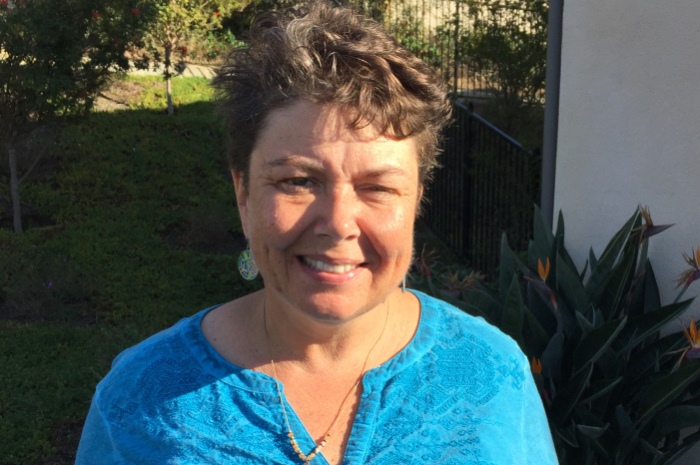Inclusivity & People with Disabilities

This is one story, my story. I offer it to enlighten, inform, and challenge. My family and I have been living with disability since a horrible night in 1988 when my daughter was a pedestrian hit by a car on a drizzly night in Munich, Germany. Right then we had no idea what this accident would mean for her and for us. Such ignorance is actually good, in a way, because if we had known, we might not have been able to cope. One compassionate thing about such events is the gradual way the knowing evolves. This year we will pass the 30th anniversary of that fateful night. We will not celebrate. That would be akin to celebrating a loved one’s death. Because our daughter, as we knew her and her life’s potential, died on the street that night. She and we have never been the same.
Profound illness and injury changes everything. Nothing is ever the same. Don’t assume things will get back to normal. Everyone has to create a new normal. It isn’t easy!
Laura experienced a traumatic brain injury that left her comatose for about six weeks. She had some other minor injuries that fully repaired. Despite extensive treatments, her brain has not. She has multiple disabilities affecting every aspect of her functioning—cognitive, emotional, physical/motor, and—yes—spiritual. Laura has not been able to reconcile the question: “Why did this happen to me?” For this reason she has not found the comfort of the religion into which she was baptized and raised. At 19, when the accident occurred, she was—as is so typical of college-aged people—exploring her options. She was in a limbo-like place with regard to religion and spirituality. She usually describes herself as Pagan or just a disbeliever. This makes it difficult to access a place within her that needs the very support she rejects.
We’ll never know why this happened to her. There is no good explanation. Any good that we have experienced is accompanied by profoundly painful grief. That is difficult to reconcile even for non-disabled believers. How much more difficult for the disabled one! Those who find reconciliation are probably in the minority.
After the accident and after we were able to bring her home from Germany through Air Force Med-Evac, our church community held prayer vigils for her. I could not attend, as I was overwhelmed with what needed to be done at home—for her younger brothers, for my husband, and for her—and with my own fear and grief. It is vitally important for people to realize that a profound injury or disease situation affects everyone involved—not just the patient! Everyone is injured or ill or knocked down in some way. Many people I had thought were friends never—never—contacted us at home. Many attended the prayer meetings, but never called. One woman called several months later, saying she waited because she assumed I might have been overwhelmed with people reaching out to us. It was exactly the opposite.
Don’t assume others are filling the need. I’d rather have been flooded than kindly ignored. Just because I couldn’t manage attending the prayer meetings didn’t mean they weren’t extremely important to us. And, not attending did not mean we had everything we needed.
The Americans With Disabilities Act is a wonderful thing. One problem: disabilities don’t all fit into neat categories. Just making a place wheelchair accessible doesn’t assure inclusivity. Neither do any other isolated aids: large print bulletins; accessible restrooms; closed-captioning; ramps; etc. Making a place fully inclusive for people across the disability spectrum requires fundamentally changing thinking, behaving, relating, and planning. Due to the unique nature of Laura’s injuries, information processing such as listening and evaluating and other cognitive tasks are impaired. She is often uncomfortable in an entirely or largely nondisabled setting. It’s too confusing. And, she prefers to be with other disabled people.
You might think that after all this time I’d have great ministry suggestions to offer. I don’t! What I have learned is that I’m the wrong person to ask. Ask my daughter! Ask every disabled person you know who isn’t attending church, “Why not? What could we do to make it more appealing to you? To make it more possible?”
Ask people with disabilities what they in particular need. Invite them to services and events, and ask how to make it more comfortable and meaningful for them. Plan something with just them in mind. Can you create a ministry without making it weird? Talk about this! Go where people with disabilities are and invite them into conversation. +
This article first appeared in the Spring issue of our Diocesan Messenger.